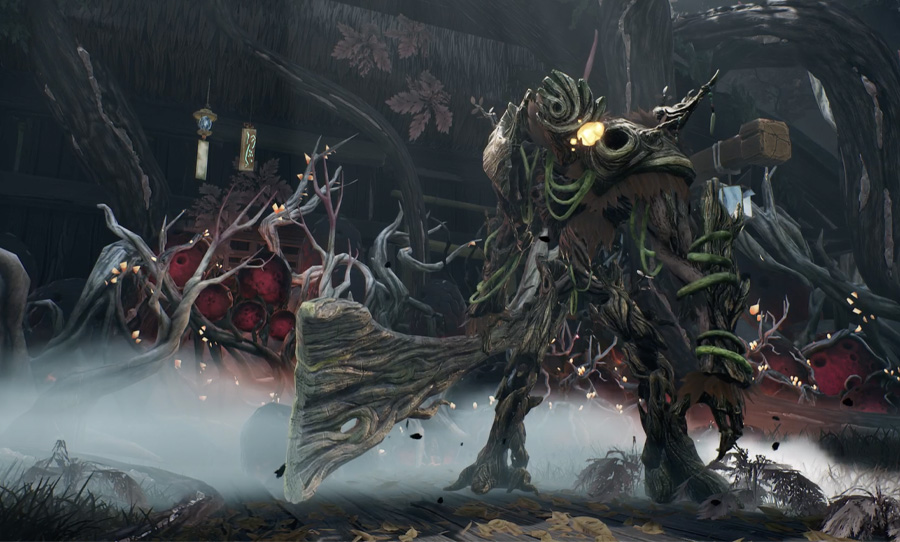

Three ingredients that go into an active constructive response (24:24).How can leaders leverage Shelly’s insights to make their relationships better? (22:27).Which of the four responses is the most harmful? The answer might surprise you (19:27).How ACR helps nurture better relationships (17:36).Shelly describes the four prototypical responses we have to good news, and where ACR places in this matrix (13:15).Understanding ACR as a dyadic process (12:33).Shelly shares the results of a recent study, which demonstrated how universal our instinctive response to positive events is (10:08).The number one thing that people do when something positive happens to them (8:13).Shelly describes her approach to science, and how it led her to develop the Active and Constructive Responding (ACR) model (5:44).Her awards include teaching awards, the Best Article Award from the International Association of Relationship Researchers, the Early Career Award from the Close Relationships Group of the Society for Personality and Social Psychology, and the Presidential Early Career Award for Scientists and Engineers (PECASE) from President George W. She is particularly interested in the social regulation of emotions, positive processes in close relationships, and resilience more broadly. Gable’s research focuses on motivation, emotion regulation, close relationships and positive emotions. in Social and Personality Psychology at the University of Rochester and began her career as an Assistant Professor at UCLA where she earned tenure before joining the faculty at University of California, Santa Barbara in January 2007. Listen and remember to share this episode with others! Drawing from many years of research, Shelly explains why our responses to positive news make up such a key aspect of our relationships, why Active and Constructive Responding (ACR) is the most effective and authentic way to respond, and how leaders can leverage ACR to build better relationships at work and at home. joins me to discuss her theoretical and practical framework for nurturing our relationships and generating positive outcomes with our responses.

On this episode of The TalentGrow Show, psychologist and professor at UC Santa Barbara Shelly Gable, Ph.D. From a relationship-building perspective, research is plentiful when it comes to supporting others in times of distress, but there is very little out there about responding constructively to someone else’s good news.

Zanna (Ed.) Advances in Experimental Social Psychology, 42, (pp.When something positive happens, we instinctively tend to want to share our good news with others. Good News! Capitalizing on Positive Events in an Interpersonal Context. Elliot (Ed.) Handbook of approach and avoidance motivation (pp. Making connections and avoiding loneliness: Approach and avoidance social motives In A. Davila (Eds.) Support Processes in Intimate Relationships. Being there when things go right: Support processes for positive events. (2008) Responsive behaviors in good times and in bad. The paradox of received social support: The importance of responsiveness. Journal of Personality and Social Psychology, 94, 808-823. Maintaining Sexual Desire in Intimate Relationships: The Importance of Approach Goals. Which thoughts count? Algorithms for evaluating satisfaction in relationships. Journal of Personality and Social Psychology, 91, 904-917. Will you be there for me when things go right? Social Support for Positive Events. Social-evaluative threat and proinflammatory cytokine regulation: An experimental laboratory investigation. Personal Relationships, 17, 217-233.ĭickerson, S. It's the Little Things: Everyday Gratitude as a Booster Shot for Romantic Relationships.


 0 kommentar(er)
0 kommentar(er)
